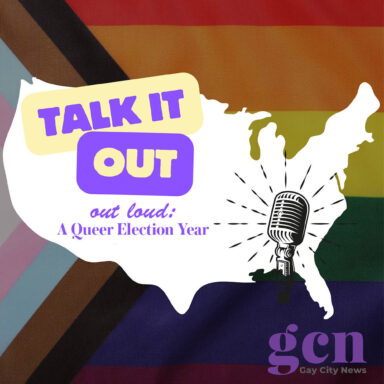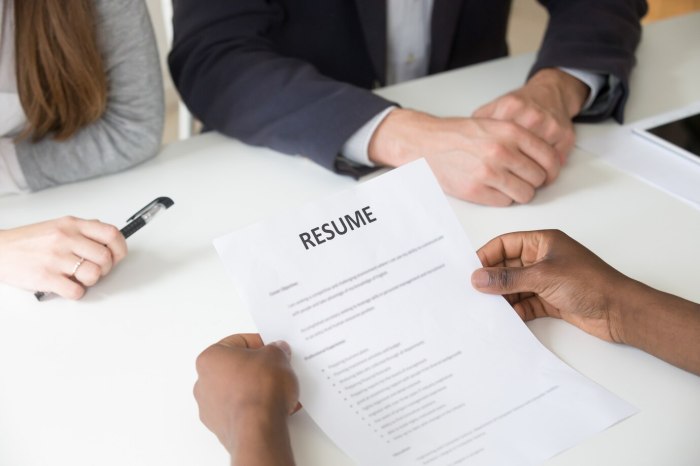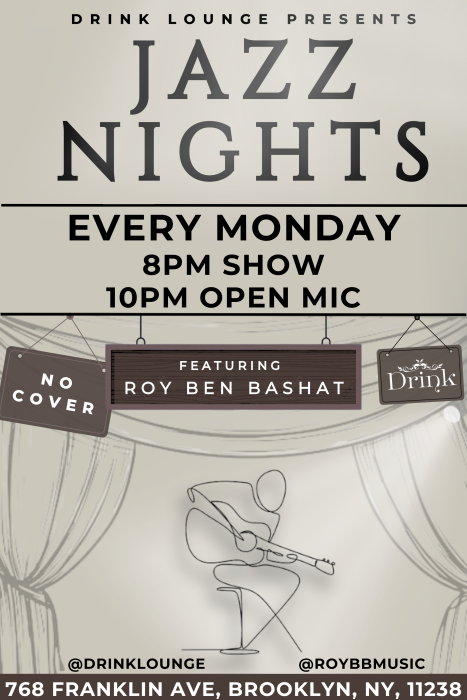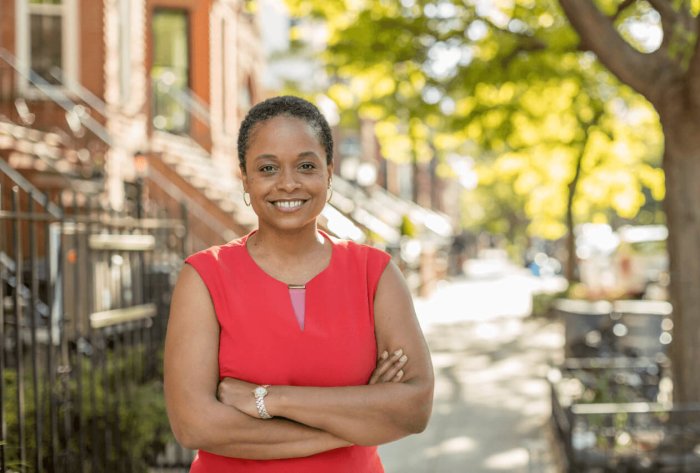This last weekend featured the first debates — as opposed to forums — of the 2021 political calendar, and they were hosted by the Brooklyn Democratic Party. The next day, Brooklyn Paper alumna Dana Rubinstein wrote a news analysis/recap of the mayoral hour of the debate in the New York Times, which took the form of an introduction and five takeaways.
For instance, one takeaway was that there’s not a clear frontrunner, and another is that Maya Wiley attacked Andrew Yang for being like Donald Trump. I thought her five takeaway listicle was a really clever form, so I’ve stolen it.
Here are my five takeaways from all three hours of the Brooklyn Dems debate:
1. This was very amateurishly done. Errol Louis of NY1 is clearly a very good moderator but everything else about this livestream broadcast was second-rate. There was a lot of dead air. A candidate was skipped, many candidates did not unmute themselves, put their cameras on too early or stayed on screen many minutes too late.
For instance, during the mayoral debate, Ray McGuire’s phone rang twice while Maya Wiley forgot to unmute herself. These candidates have been doing tons of Zooms — they should know better.
“You’re a pro, you’re a natural!” Yang said to Party Boss Rodneyse Bichotte at the end in reference to her wooden delivery. She delivered each debate’s intro, costing the livestream probably six to eight minutes in total. Yang is like Kermit the Frog in several ways, including his sunny friendliness and optimism.
2. Policing is a huge issue: it came up in every hour of debate. It barely came up in the undercard borough president debate but dominated the comptroller debate especially, because the push to “Defund the NYPD” frames policing as a budgetary issue. And questions about the NYPD will continue to matter in this mayor’s race, since, in theory, the mayor controls the department, but we all know Bill de Blasio has failed there.
3. The caliber of the mayoral field is notably higher than the others, while the borough president candidates were clearly the weakest. So it felt like each hour raised the stakes.
A great way to tell how good the candidates are is by how specific they get. With that in mind, the highlight of the BP debate was everyone talking about how great and important community boards were in land use decisions, and later, Councilmember Antonio Reynoso pointed out that Councilmembers Robert Cornegy and Mathieu Eugene voted against the local community board — and much of Sunset Park — in the case of Industry City.
4. Debates are important! These three debates were good lengths, but they were all slightly too crowded. It would be nice if we do more debates and fewer forums. What does that mean? The candidates should be juxtaposed against each other in real time. It’s better to split them into two or even three heats of three to five candidates, and to try to draw out contrasts on their views.
5. The important part of the debate is when the candidates question each other. Those 15 minutes of mayoral debate yielded four of Rubinstein’s five takeaways! Looking ahead, debates should take the form of a clever moderator making sure the conversation stays on track and the candidates get equal time, but who otherwise sits back and lets the candidates question each other.























